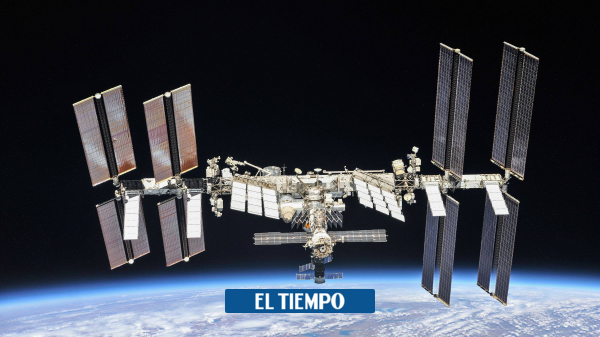When we talk about metal and glass, it can be said that they are opposite materials, one is opaque and resistant, and the other is transparent and brittle. The funny thing is that under the right conditions, metal can be turned into glass, but it has special properties, opaque, durable and resistant to corrosion and scratches.
It is a versatile material that can be used in cell phone cases, lubricant-free gears for vehicles used to explore the moon, and even in electrical transformers.
It might interest you: (European Space Agency director thinks Europe could lose out to China and the US)
This intrigued researchers from the International Space Station, who are running experiments from NASA’s Space Life and Physical Sciences Research and Applications Division (SLPSRA) that have revealed new aspects of metallic glass formation.
Current research is focused on determining which minerals make the best glass and how it can be used. The three most commonly used metals are zirconium, palladium and iron, but this is an area in which there are questions such as the temperature at which the transformation occurs, what are the properties of glass and what it can be used for.
Experiments are taking place on the International Space Station because microgravity makes it possible to measure objects with much greater accuracy than can be done on Earth, as well as subjecting materials to conditions that can only be achieved in space.
Also: (Virgin Galactic sends a Star TikTok researcher into space)
To continue this research, which is being carried out in cooperation between NASA and the Japan Aerospace Exploration Agency (Jaxa), new materials were sent aboard the resupply mission launched by Space X this week.
More science news
About 19 million years ago, sharks disappeared from the oceans
Scientists find plastic in the third deepest ocean trench
NASA announces two new missions to explore Venus





